COI is one of those tax acronyms that strikes fear in the heart of those who speak tax-ese.
COI stands for “cancellation of indebtedness.” Under the Internal Revenue Code, and under certain circumstances, if you owe money to a creditor and you simply cannot pay him/her/it, you get socked with COI income. In essence, you’re treated as receiving taxable income in the amount of your debt that you were unable to pay.
Today, the U.S. Tax Court published an interesting case involving the scary topic of cancellation of indebtedness income. The case, Kleber vs. Commissioner, involved a taxpayer who had entered into a lease agreement with the U.S. Department of the Navy. Pursuant to the lease, the taxpayer was granted the right to farm 1,140 acres of land at a Naval base in California. Under the 5-year lease, she was required to pay the Navy $191,520 per year.
Less than 2 years after entering into the lease, the taxpayer stopped making payments and notified the Navy that she could no longer perform under the lease. In 1999, the Navy and the Defense Finance and Accounting Service (DFAS) demanded payment of approximately $200,000 from taxpayer. In 2001, DFAS asked the Treasury Department to help out with the collection efforts. In 2004, the Treasury reported back to DFAS that the debt was uncollectible. In 2006, DFAS issued a Form 1099 to the taxpayer showing that she had cancellation of indebtedness income of over $206,000.
When taxpayer did not include the $206,000 in COI income on her 2006 income tax return, the IRS issued her a notice of deficiency, claiming that she owed approximately $86,000 in taxes attributable to the COI income, plus a penalty.
So, to boil it down, you have a taxpayer who goes from having an uncollectible debt owed to the government to having a tax bill of $86,000 to the IRS as a result of her uncollectible debt. Government piling on?
Luckily, the taxpayer had better luck before the U.S. Tax Court.
The Court determined that the debt really became uncollectible in 2002. Accordingly, the IRS was wrong to try and collect income taxes associated with the cancellation of indebtedness in 2006.
Since the Form 1099 was 4 years late, it appears that the taxapayer won’t be required to pay taxes on the amount she was unable to pay in the first place to the government on her lease with the Navy.
There are probably several morals to this story, but I want to mention two.
First, watch out for COI income and the tax problems that it can create. If you owe money to a creditor, and the creditor discharges the debt, you may avoid paying the creditor, but you may find yourself owing the IRS for taxes on the amount that has been discharged.
Second, if you find yourself under audit by the IRS or the recipient of a Notice of Deficiency, don’t assume that you have no recourse. Good lawyering by the taxpayer’s representative resulted in the taxpayer owing no additional taxes even though she had received a Form 1099 showing over $200,000 from not just anybody, but from the United States Defense Finance and Accounting Service.
The Government is big and powerful, and it may on occasion attempt to pile on. Sometimes, though, the small and meek overcomes. Thanks to a well-reasoned opinion by the U.S.Tax Court, the taxpayer in this instance came out the winner.
